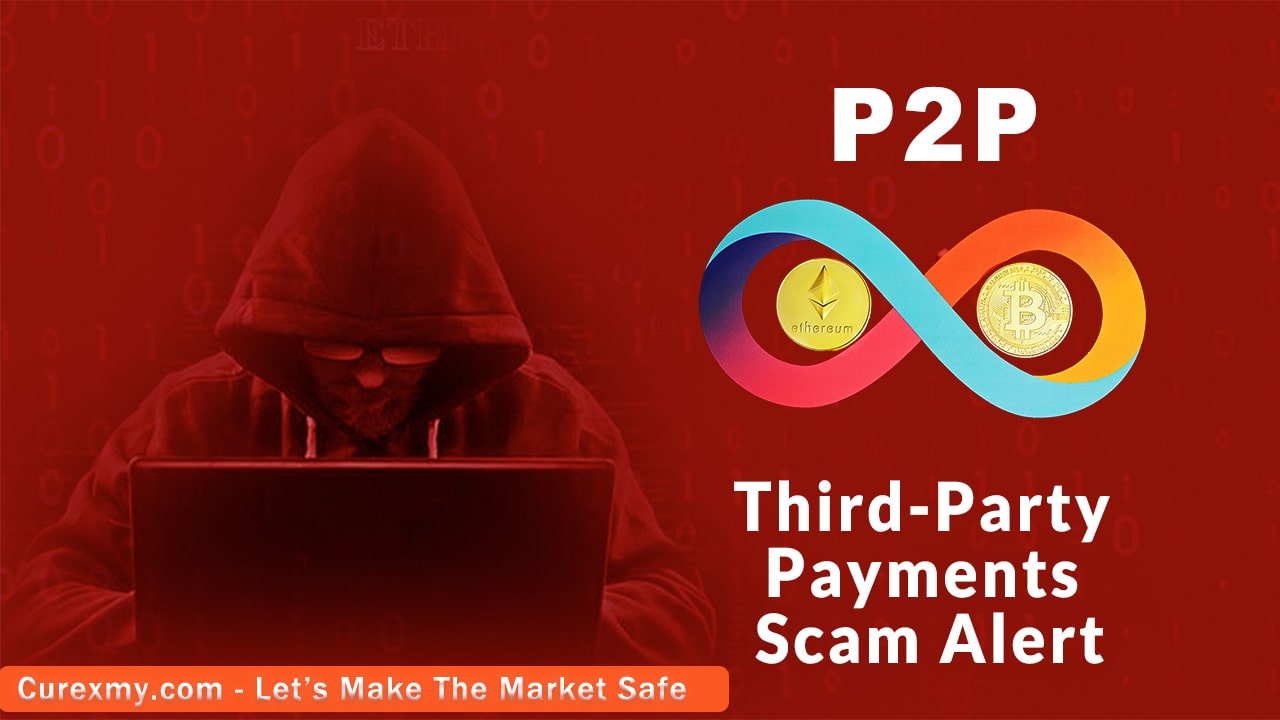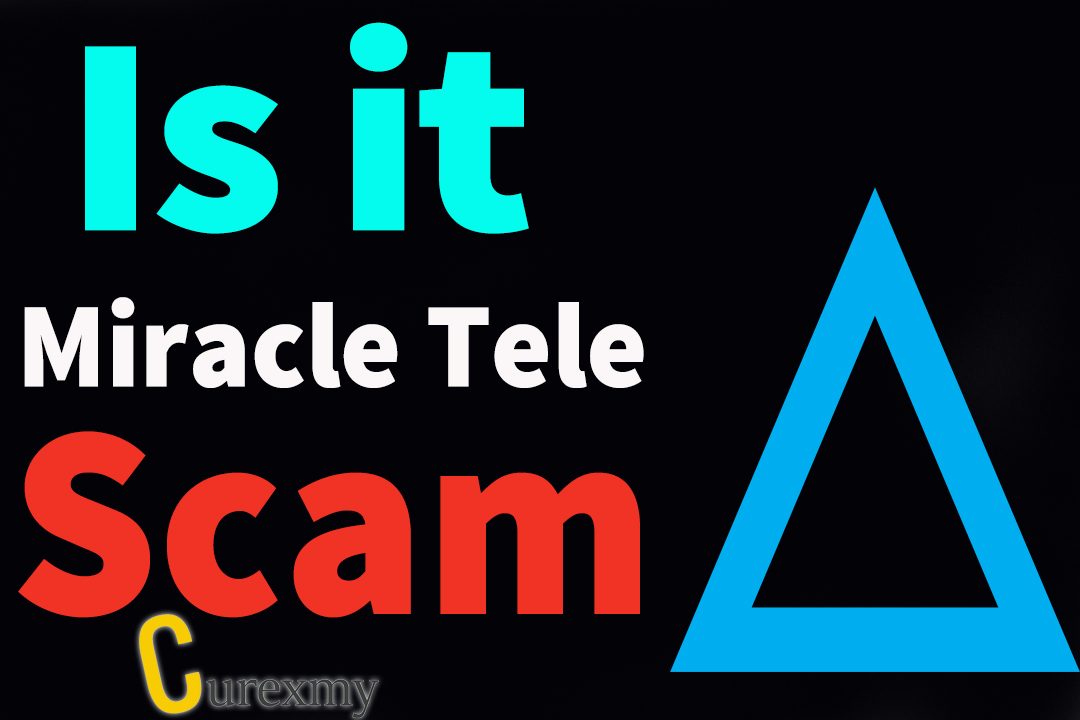All around the world crypto exchanges started p2p trading and offering quick options for fiat to crypto and crypto to fiat conversion through person to person payments value transfer mechanism by general people as per their particular needs. As a p2p merchant or even a p2p normal trader, you should learn and try to understand the process that how money laundering, terror financing, Frauds/Scams occurs through p2p third-party payments you often receive while doing your p2p trading. Here in this article, we will demonstrate how and why these illegal activities occur and why you should be aware of and avoid becoming part of any crime being victim of unintentional criminal charges.
Why and How These Third-party Payments Scams Occurs Too Often?
As scammers exit all around the world and mostly scammers are interested in criminally trapped money from innocent or greedy people, they use various payment channels to transfer the value of various currencies. Now the p2p method comes into place due to centralized p2p trading exchanges to facilitate the users for depositing fiat to crypto and cashout crypto from exchanges to their native currencies. The scammers worldwide started taking benefit of this feature by depositing innocent third-party accounts through misleading claims as follows.
- You will get profit daily, monthly or double or something like quickly gets rich schemes.
- The scammer approach different crypto interested people via social media sites and offering lucrative low stable coins prices like USDT, BUSD or even other cryptos to purshased at lower cost or something like that fasle statement usually the nobes get attracted to that misleading offers and send money to their provided accounts taken from p2p buying orders posted by sellers.
- Order Doubling, Bulk Amounts & Low Price Scams: In this type of scam the random users aka scammers collect data of different people who are interested in buying cryptocurrencies at lower price or are envolve in p2p trading business. They directly message to the interested party and tell them that they are merchant and are unable to sell their crypto in bulk on p2p platform due to time issues or lack of liquadity but in real they are just scammers impersonaiting the merchant whom he/she send you buying link/qr code of that particular p2p platform such as binance, okx, bybit, huobi, bitget etc.
Basically, they ask you to place order via link and told you that you can place order of particular amount and the price will be your favourite but they will not gonna change the ad pricing because they pretend to trade only with you to avoiding p2p marketplace issues like fake orders but in real they had already placed order for their desired amount for exmaple 10,000 USDT at the current price of ad at 3.67 USDT/AED but they tell you to get 10,500 USDT by paying just AED 34,650 but in actual the order price amount you have to pay is 38,535 AED.
What happens here is that you mistakenly placed order and sent payment and these people ask you to remain in chat with them on WhatsApp since they are scammers and they don’t want you to talk with merchant to avoid their scam get exposed so in order to avoid this scam.
You should firstly confirm the contact channel number and price from the merchant via order chat if he actually agrees then you can ask him to change orders price accordingly and never place orders without matching the p2p platform pricing since once you sent payment the scammer will ask the merchant to release their order since the merchant may get confused with two orders and in pressure he don’t confirm the name and release to the first order placed by scammer sometime in this situation the merchant and scammers are the same parties to scam innocent nobe users due to lack of experience about p2p platforms policies.
- Freelancing jobs scams also occurs through p2p channel through inexperienced job hunters find the jobs on different freelancing websites and the counterparts so called false clients on websites mislead the workers to pay fake registration fees or false transfer fees to loot any amount of money. Due to huge amount of people on the internet find freelancing opportunities they got trap to false scams due to their lack of reasoning and proper investigation.
- Another reason of thirdparty payment could be from theft phone or hacked device or maybe from snatched devices on gunpoint.
- One of the reason which you should also aware of that reletives permissioned accounts payment which coming from same name but with proper permission of the account owner.
How to Handle Third-party payments As a Merchant or Normal Trader While Cashout Crypto?
The easiest solution to all these issues is that clearly write that you don’t accept third-party payment in the p2p trade terms and in case you receive the payment even of the written, do refund the sender the same account back and ask the buyer to pay again from his own registered KYC name matched address or otherwise don’t open trade. In case the counterparty with you is unable to send from their own account then if you have a possible solution to get in touch with him physically then do it or otherwise try to investigate as much as you can to avoid the third-party payment through any illegal means transfer to your account.
Consequences of unchecked impure Third-party money Payments
These bad actors are so clever to continue to do scams through p2p to defame the p2p business worldwide and try to mislead the local governing bodies to shape it as an illegal or black market but in its core properties, it’s totally legal and safe way of quick exchanging. If you don’t clarify the sender’s purpose of payment on regular checks upon receiving the third-party payments then you will have to face the account freezing from your bank, cybercrime complaint against you, and other investigation authorities might arrest you in case of higher reporting against you from high degree cases or local crackdown. So it is always advisable to avoid third-party payments and regularly check your transaction of unknown accounts or user claims and complaints. Let us know your possible suggestion against fighting third-party payment scams.






